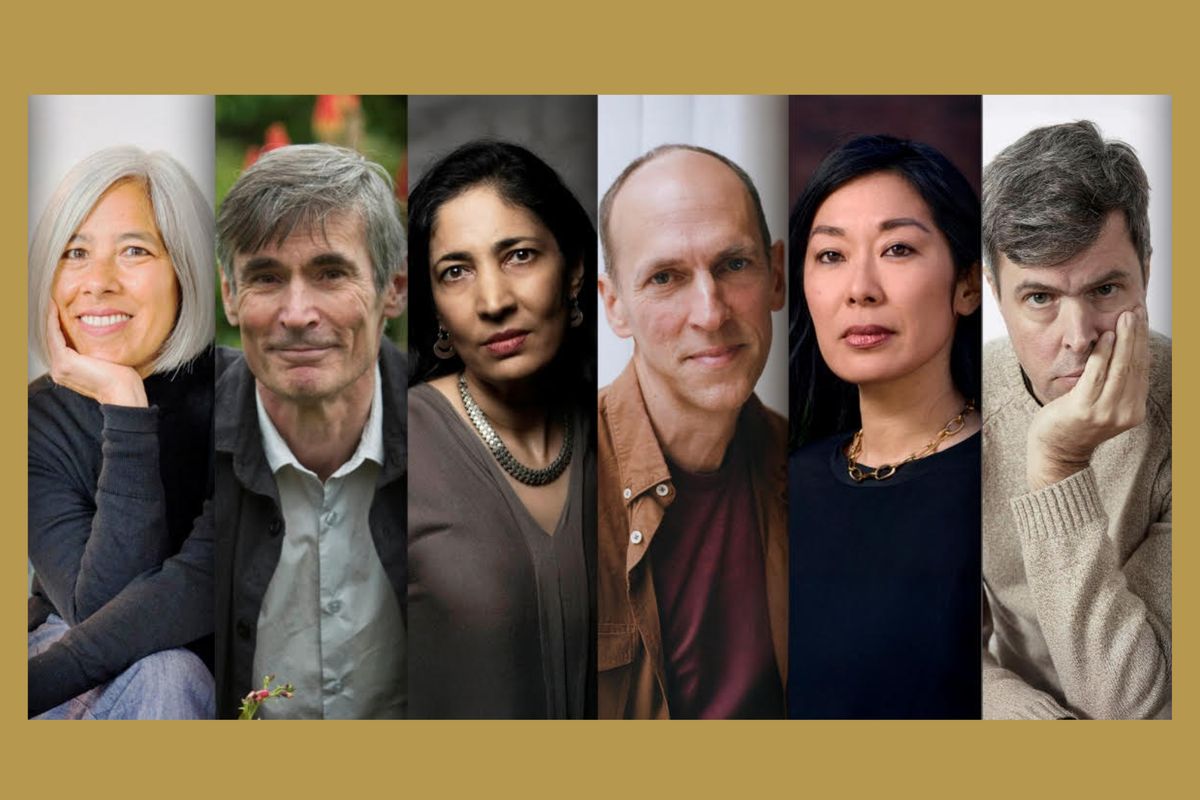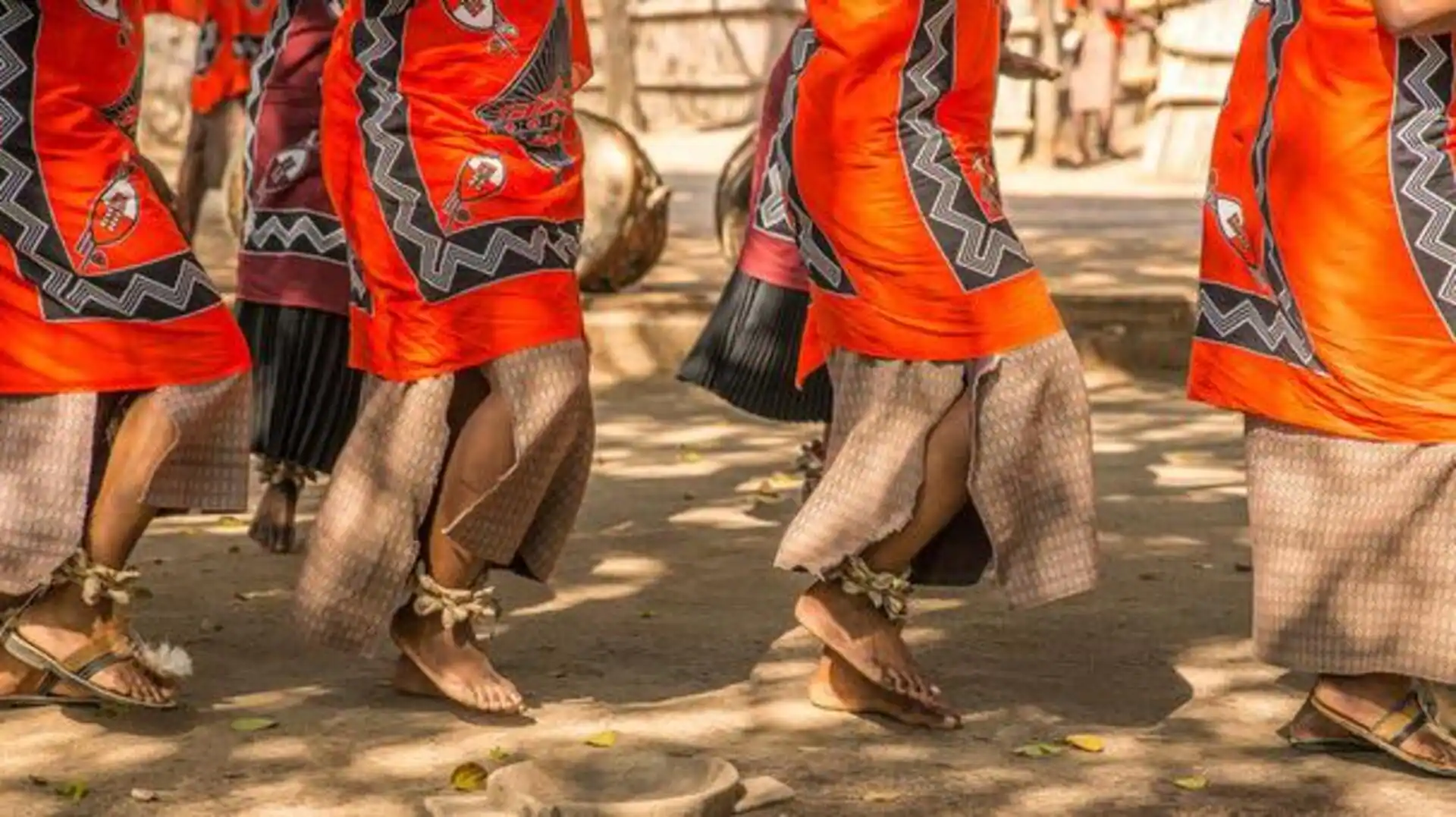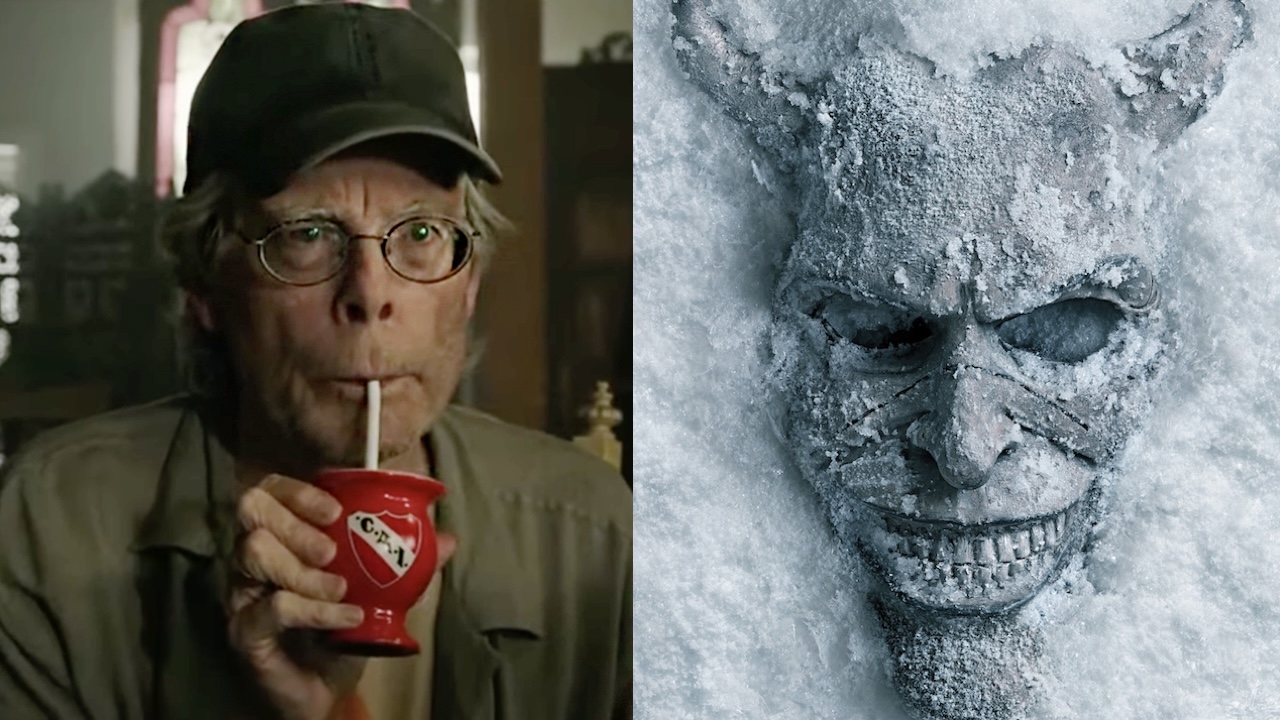By Lydia Spencer-Elliott
Copyright independent

The shortlist for the Booker Prize 2025 has been announced, with the selected novels promising to “push the boundaries of narrative form” through “classical storytelling”.
This year’s selection spotlights works by writers deep into their literary careers, who have “spent decades honing their craft” and have published several novels prior to their shortlisted title.
Previous Booker Prize-winner Kiran Desai, who was awarded the accolade for The Inheritance of Loss in 2006, makes her return with the family saga The Loneliness of Sonia and Sunny.
Also making a second appearance on the list are Andrew Miller, who was shortlisted in 2001 for Oxygen, and David Szalay, who was shortlisted in 2016 for All That Man Is, with The Land in Winter and Flesh, respectively.
Meanwhile, American writers Susan Choi (generational saga Flashlight), Katie Kitamura (actor’s tale Audition), and Ben Markovits (midlife road trip The Rest of Our Lives) make their debut.
Roddy Doyle, chair of the 2025 Booker Prize judges, said the six chosen novels have two things in common: “Their authors are in total command of their own store of English, their own rhythm, their own expertise; they have each crafted a novel that no one else could have written.
“And all of the books, in six different and very fresh ways, find their stories in the examination of the individual trying to live with – to love, to seek attention from, to cope with, to understand, to keep at bay, to tolerate, to escape from – other people.”
Doyle added: “In other words, they are all brilliantly written and they are all brilliantly human.”
The winning book will be announced at a ceremony held at Old Billingsgate in London on Monday, 10 November 2025. It will also be streamed on the Booker Prize social media channels.
Each of the six shortlisted authors have received £2,500 and a specially bound edition of their book. The winning writer will receive an additional £50,000.
See the full list of finalists below:
The Loneliness of Sonia and Sunny, Kiran Desai
Desai returns to the shortlist with The Loneliness of Sonia and Sunny, her third book and her first since 2006’s Booker Prize-winning novel, The Inheritance of Loss. She spent almost 20 years writing it and at nearly 700 pages, it is the longest book on this year’s list – though an earlier draft clocked in at 5,000 pages. Should she win this year, Desai would become the fifth double winner in the prize’s 56-year history, joining Margaret Atwood, Peter Carey, JM Coetzee, and Hilary Mantel.
Speaking on the novel’s themes, she said: “I wanted to write a story about love and loneliness in the modern world, a present-day romance with old-fashioned beauty. As I wrote across geographies and generations, I realised that I could widen the scope of my novel, to write about loneliness in a much broader sense. Not just romantic loneliness, but the huge divides of class and race, the distrust between nations, the swift vanishing of a past world – all of which can be seen as forms of loneliness.”
The Land in Winter, Andrew Miller
A feted author, Miller was shortlisted for the prize in 2001 for Oxygen. He won the James Tait Black Prize for Fiction in 1997 for Ingenious Pain, the Costa Book Award in 2011 for Pure, and in 2012 he was elected a Fellow of the Royal Society of Literature. The Land in Winter, his 10th novel, won the 2025 Walter Scott Prize for historical fiction.
Miller said: “The Land in Winter is inspired by an anecdote of my mother’s that rattled around in my head for many years. Also, a wish to reach back to a period that was right at the furthest stretch of what I could in any way claim to remember. And to try to make a certain kind of novel – lots of flow and momentum, and full of narrative pleasures.”
Flesh, David Szalay
Szalay was previously shortlisted in 2016 for All That Man Is, which was awarded the Gordon Burn Prize and George Plimpton Prize for Fiction. Szalay won the Betty Trask and Geoffrey Faber Memorial prizes in 2008 for his first novel London and the South-East. In 2019 he won the Edge Hill Prize for his short story collection Turbulence. Flesh, his sixth work of fiction, has topped numerous “best books to read in 2025” and has garnered rave reviews from critics.
The Hungarian-British author said: “I knew I wanted to write a book with a Hungarian end and an English end, since I was living very much between the two countries at the time. It would be, to some extent, a novel about contemporary Europe, and about the cultural and economic divides that characterise it. I also wanted to write about life as a physical experience, about what it’s like to be a living body in the world – whatever divides us, we all share that.”
Flashlight, Susan Choi
Choi’s second novel, American Woman, was a finalist for the 2004 Pulitzer Prize, while her fifth novel, Trust Exercise, won the 2019 National Book Award for Fiction and was a bestseller in the US. Choi’s shortlisted novel Flashlight is her sixth book, and began life as a short story published in The New Yorker. At just under 450 pages, the novel moves between the post-war Korean immigrant community in Japan, to suburban America, and the North Korean regime.
She said: “The inspiration for Flashlight was a combination of being haunted by childhood memories of a trip to Japan – that was not catastrophic but was still very disruptive – and by stories about the unexplained disappearances, in the late 1970s, of ordinary Japanese people, including a schoolgirl not much older than me.”
Audition, Katie Kitamura
Kitamura is a recipient of the Rome Prize in Literature and the author of five books, including Audition, which is set to be made into a feature film starring Lucy Liu, Charles Melton, and Lulu Wang. Her previous novel, Intimacies, won France’s Prix Littéraire Lucien Barrière in 2023 and was one of the New York Times’ 10 Best Books of 2021. It was also listed as one of Barack Obama’s favourite books of 2021.
“The starting point for Audition was a desire to write about the long process through which children must necessarily grow up to become strangers to their own parents,” she said. “Reading the book requires holding two separate versions of events in your head at the same time. It’s either/or, and also and. As a culture, we’re becoming quite bad at holding a contradiction in our heads. And yet we live in a time of profound and increasing cognitive dissonance.”
The Rest of Our Lives, Ben Markovits
Markovits, who grew up in Texas, the UK and Germany, is a former professional basketball player. He was selected as one of Granta’s Best of Young British Novelists in 2013 and won the James Tait Black Prize for Fiction in 2016 for You Don’t Have to Live Like This. His shortlisted title,The Rest of Our Lives, is his 11th novel for adults and was lauded by multiple publications as the best book of the summer.
He said: “My kids were getting older and I wanted to write something about a certain period of family life coming to an end. When I started working on the novel I had symptoms nobody could diagnose and put that in the book, too – it seemed like a useful symbol of what happens to you in middle age, the gradual decline that you can’t quite understand.”



